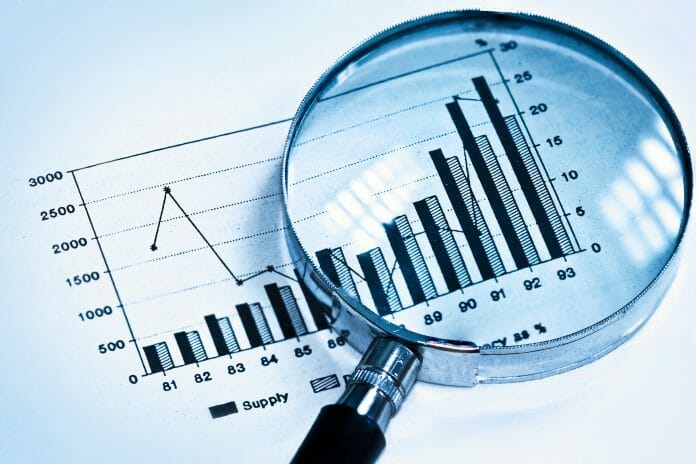IOSCO Chairman Ashley Alder acknowledges that, “the DeFi sector is a new and fast-growing area of financial services.”
As the decentralized finance (DeFi) space grows, regulators are devoting more effort to conducting research and providing a means to understand the emerging sector better.
Today, the International Securities Organization (IOSCO) has published a report that aims to give a perspective on DeFi and highlight some areas that may be of concern to regulators. According to the report, DeFi is growing and many of its mechanisms are very similar to those of traditional financial markets.
What the Report Includes
In addition to mirroring traditional finance, IOSCO notes that many of the DeFi industry’s financial products, services, deals, and activities sometimes overlap with more traditional finance operations.
Therefore, IOSCO encourages regulators to understand the implications of DeFi developments in relation to their jurisdictions. As the DeFi market expands, the IOSCO notes that “a granular and holistic understanding of the DeFi market” can improve the ability of regulators to create laws relevant to their domains.
The report lists five reasons that could help explain the growth of DeFi. “First, early investors have recognized the opportunity to allocate capital to nascent technologies with venture-type return (and risk) profiles. Second, crypto-asset holders have recognized a market thirsty for liquidity and so they perform market maker and related services to DeFi protocols. Third, TradFi and CeFi market participants have sought to diversify their activities and to seek yield in DeFi, as an alternative platform with the potential for diversified higher returns. Fourth, Blockchain communities have encouraged the proliferation of DeFi projects on their platform, as they are aware that their network can only scale with its adoption. Fifth, early adopters and proponents of crypto-assets have seen DeFi as a place where they can invest in products and services that align with their general outlook for this industry. These primary factors, and likely others, have fueled the growth of DeFi.”
Benefits and Risks of DeFi to the Sector
In the report, IOSCO acknowledges that there are many benefits to the DeFi industry. IOSCO Chairman Ashley Alder said that, “DeFi is a new and fast-growing area of financial services.” However, the organization also pointed out the risks it poses to users as the sector develops. Adler described the report as outlining IOSCO’s “main areas of concern.”
Along with the report, the IOSCO created a working group that will deal with the DeFi market. Tuang Lee Lim, chair of the newly created working group, mentioned that, “IOSCO’s decision to create the task force signifies our members’ determination to take timely and coordinated policy action to adequately address the risks arising from this rapidly growing area.”
The reports highlights that while DAOs are “not without drawbacks.” That is because there is no recognition of DAOs as corporate entities, thus, they do not have “the same legal definitions and protections as other structures.”
Other issues mentioned by the report point at the fact that DAOs “may lack the ability to make fast decisions due to the need to corral voting consensus amongst such a broad governance community.” Moreover, “Governance token holders may also show apathy towards more ‘mundane’ proposals up for vote, leading to low voter turnout and/or cases where votes are delegated to concentrated stakes holders.”
Meanwhile, a report by KuCoin Labs published in February notes that DeFi players may opt for DAO governance as regulatory risks loom. The report mentions that DAOs could become legal entities and thus the interest of the community can become a priority.
By Audy Castaneda



